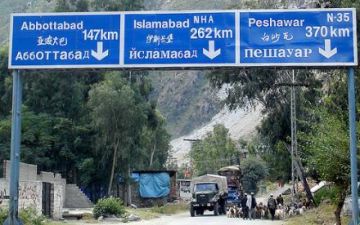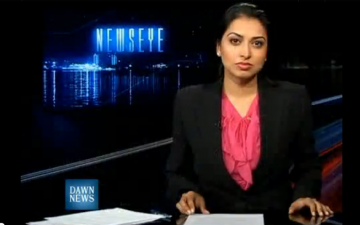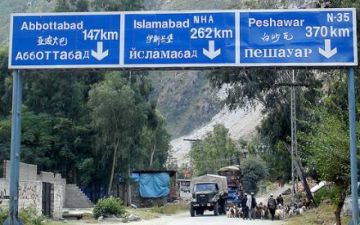"The Economics of Security" explores the threat of extremist violence in South Asia, especially Pakistan, and its possible remedies. Rather than emphasize the military struggle for control of the region, this project examines the problem through the lens of political power and economic development.
That is the approach increasingly favored by local lawmakers, security experts, development consultants and theologians. They seek employment for the poor young men who flock to extremism, alternatives to the opium trade for the farmers whose black-market products help finance the madrassas, and new social doctrines to break down the politics of class.
Yet economic solutions are hardly devoid of politics. Trade agreements, infrastructure projects, or investments in resources—all essential for economic growth—will require regional collaboration, between nations with checkered diplomatic histories and conflicting economic ambitions: Iran, Afghanistan, Pakistan, India and China.
Economic cooperation between Pakistan and India is particularly crucial. Their mutual hostility fuels militant movements, whose long tail reach is felt from Mumbai to Kabul. For India, reliant on foreign investment, trade, and tourism, the impact is economic as well as military. Indeed, diplomatic signals from the newly reelected government suggest India may now see regional security as key to its own economic survival, and regional economic partners as a source of future growth. As a result, it may be more willing to support regional development.
Through conversations with policymakers, academics, volunteers, military commanders, economists, central bankers, business leaders, clerics, teachers, and ordinary citizens, this project sets out to understand the economic life of South Asia and how it might be possible to quell the violence.



